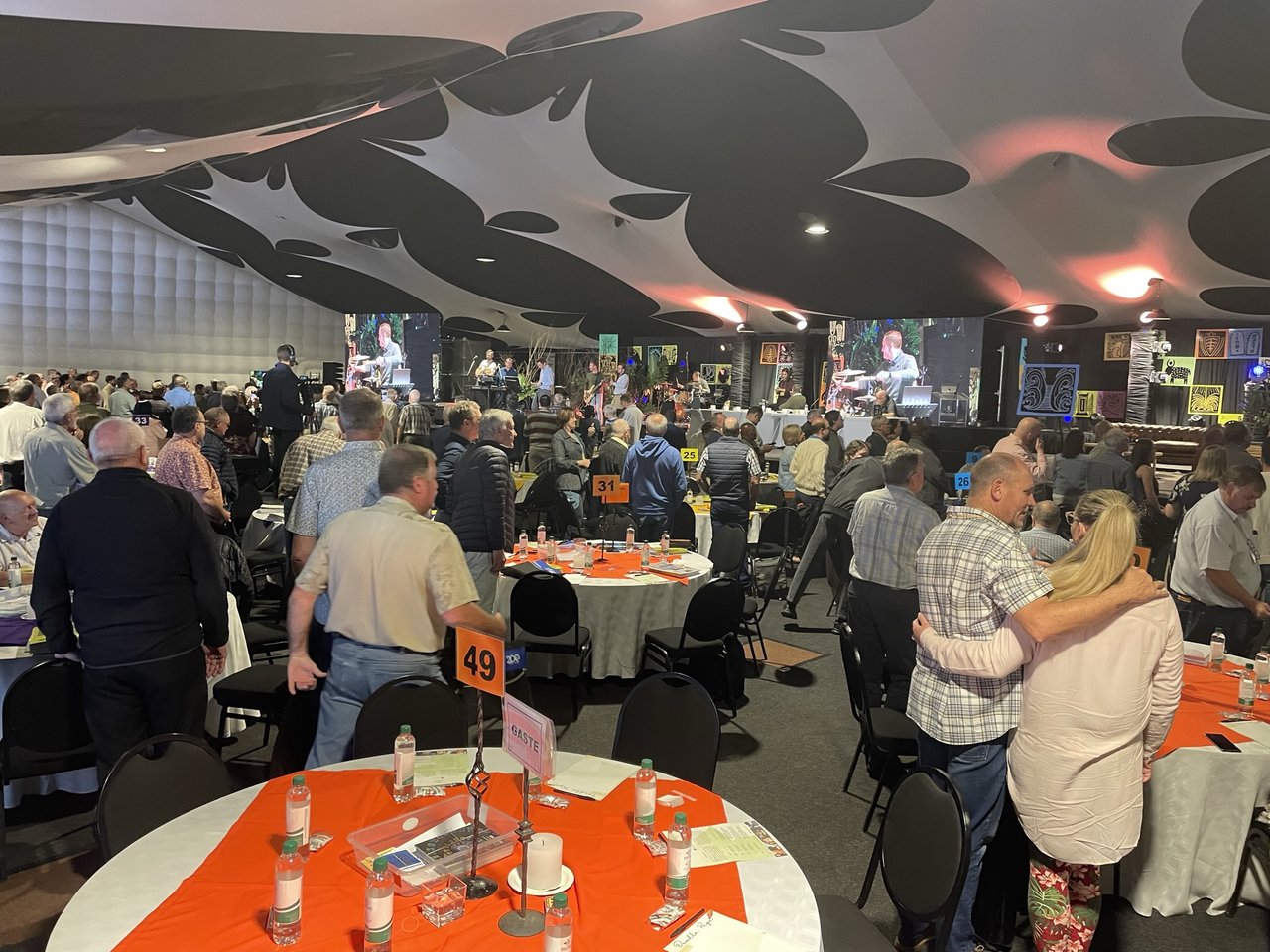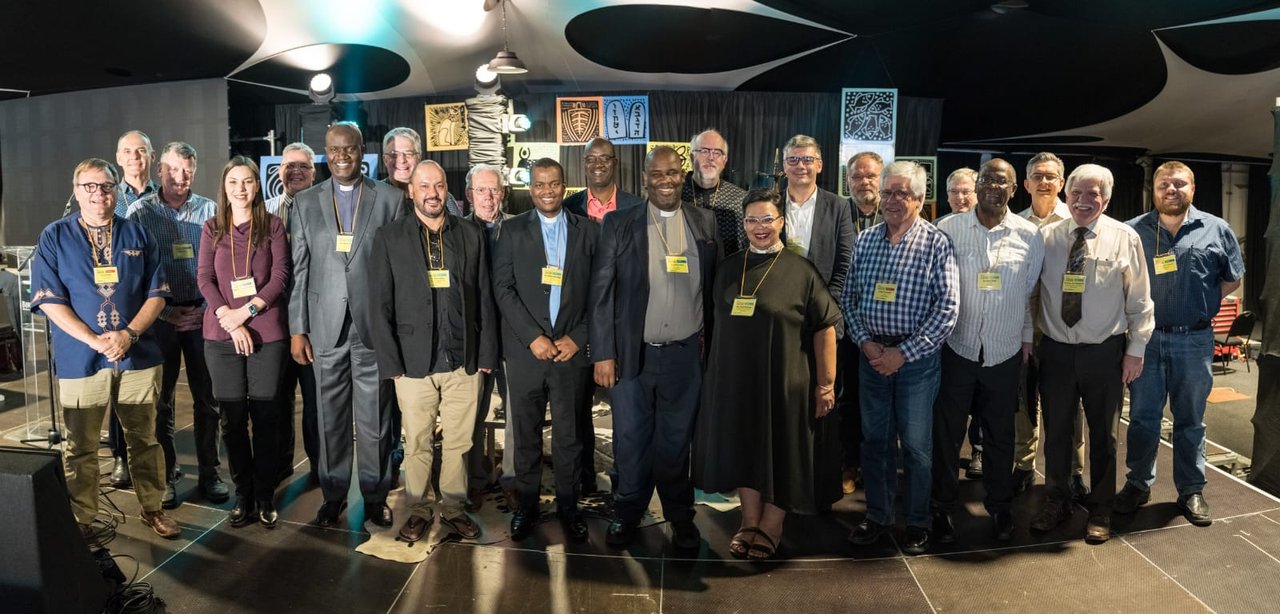The Dutch Reformed Church (DRC) in South Africa recently held its 18th General Synod in Johannesburg between October 15th and 20th. The General Synod, comprising nearly 300 participants, focused on subjects including missional renewal of the church, prophetic ministry, the church’s social role, and the adoption of the official position on government decisions such as land reform, amongst others. Rev. Balázs Ódor represented the Reformed Church in Hungary (RCH) and presented a message of greeting at the General Synod as Ecumenical Officer of the RCH.

The DRC consists of ten regional synods, of which nine are in South Africa, one in Namibia, and further congregations in Zambia, Zimbabwe, and Malawi. With 1,158 congregations in 144 dioceses, the DRC has approximately 900,000 members, among whom 1,600 pastors serve. The General Synod, which has 200 members and meets every four years, is smaller than the regional synods, but its role is crucial for common doctrine and vision.
The 18th General Synod included 23 sessions, discussing topical and critical issues on the vocation and future of the church, its public witness, the church’s role in a divided society, and the commitment to the homeland and the local community. In a diverse and evolving postmodern society, the church is adjusting to changing boundaries of faith, ethnicity, and language. The DRC has embraced a missional approach to its mission, strongly focusing on community service and outreach to "outsiders" through innovative church programs.
This missional church vision is deeply rooted in the understanding of the Trinity, and it has become a cornerstone of the church's mission, with a commitment to proclaiming Christ's love and serving the community. The DRC, as a part of the mission of the Trinity God, seeks to proclaim the love of Jesus Christ through its fellowship and concrete actions as a sign of God's kingdom and as an active worker in the context in which God has placed it, namely South Africa.
Central to these changes is a shift in the church's culture, marked by an emphasis on creating inclusive and welcoming congregations. This cultural transformation includes training for staff and pastors, deliberate sermon development, networking for idea exchange, and prayer groups. The goal is to strengthen the unity of the "body of Christ" and invite people into a faith community renewed by the Spirit of Christ.

In his greetings, Rev. Balázs Ódor affirmed the Memorandum of Understanding between the RCH and the DRC, signed in 2011, as an encouragement and commitment to each other to be faithful and dynamic witnesses of God’s coming and transforming Kingdom. Rev. Ódor said that this “ecumenical partnership is an “exercise area” of reconciliation,” and within this space, “we can best explore pathways to reconciliation and peace together. Not for our own sake, but for the sake of the suffering people of this world, whose heart hasn’t yet been touched, comforted, and transformed by Christ’s Spirit.”
As part of the General Synod, several topics were discussed for further cooperation between the RCH and DRC. Subjects included mutual exchange on Reformed theological principles and missional church practices, a shared commitment to a public theology rooted in biblical and evangelical Reformed principles, emphasizing transformational leadership with integrity, theological foundations for creation care, and collaboration in ecumenical organizations such as WCRC and WCC, amongst others. Additionally, the Synod elected new leadership for the church. The new leadership, including the current General Secretary, plans to visit the Reformed Church in Hungary in 2024.
Staying True amidst Changing Context
DRC General Secretary Gustav Claassen visited Hungary, in his speech at the RCH Synod he emphasized: similarly to the Reformed Church in Hungary, DRC is also continuously trying to find the answer to the question of what it means to stay true to the Reformed confessional basis amidst changing contexts.